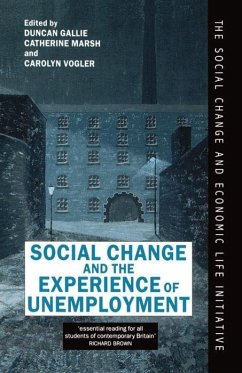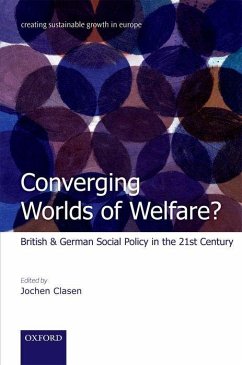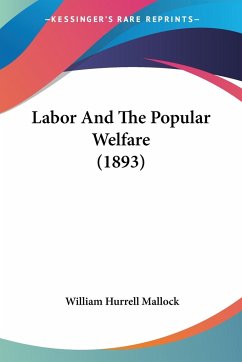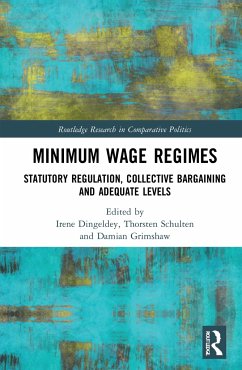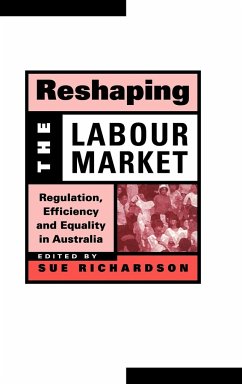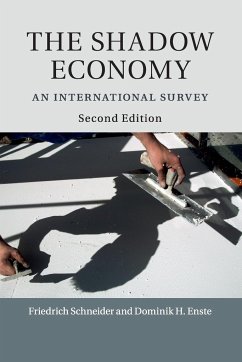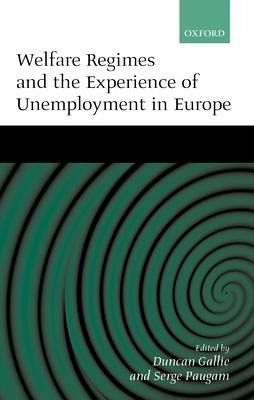
Welfare Regimes and the Experience of Unemployment in Europe

PAYBACK Punkte
28 °P sammeln!
While welfare policies affect in an important way the pervasiveness of poverty, it is above all the patterns of family structure and the culture of sociability in a society that affect vulnerability to social isolation. The book concludes by developing a new perspective for understanding the risk of social exclusion.
Over the last twenty years, most countries have experienced periods of high unemployment. While this always leads to increased poverty and personal distress, the severity of the effects has varied substantially from country to country. This book looks closely at some of the key factors behind these differences. It provides for the first time clear evidence about the way in which the nature of the welfare arrangements in a country, together with its family and friendship patterns, can affect the risk that unemployment leads to social exclusion.



